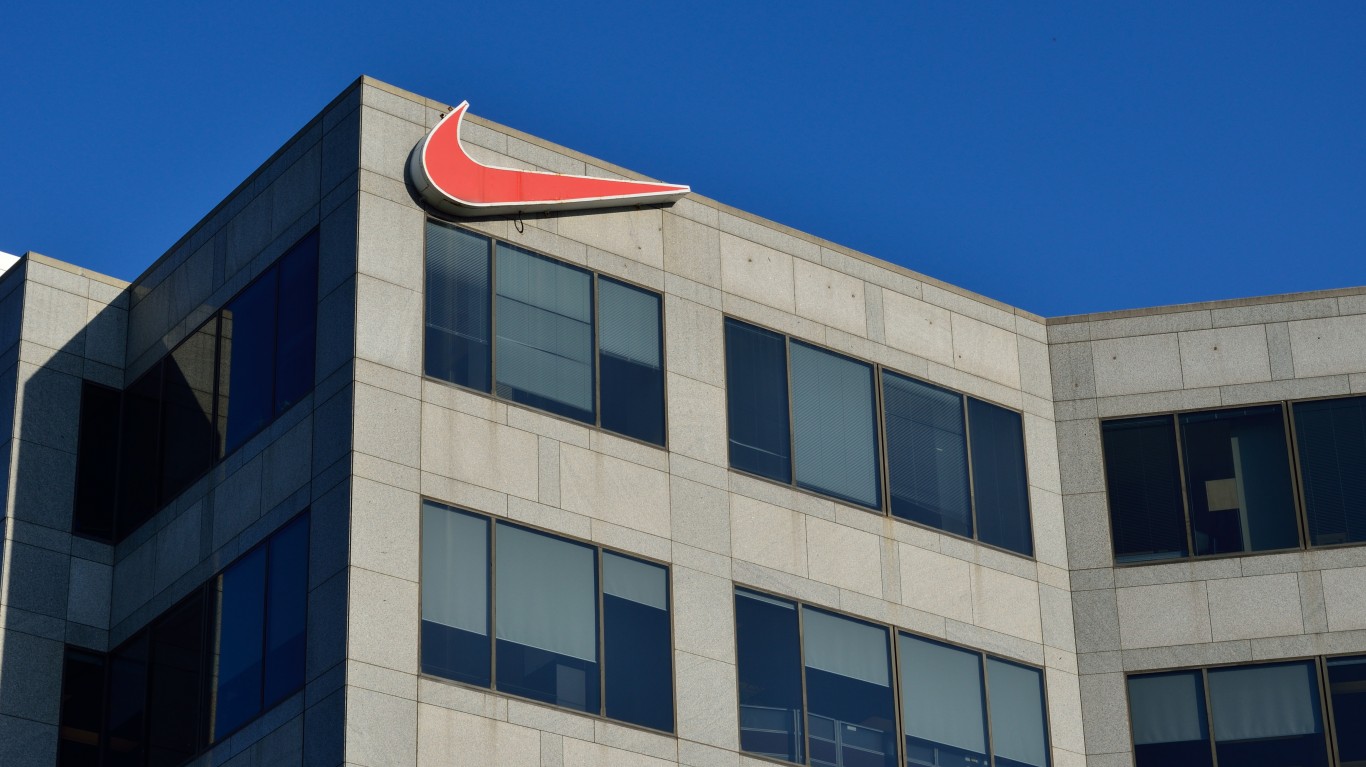
As the global environment deteriorates, a growing number of American companies have started to go, or have gone, “green.” There is no single definition of what that means. Some have begun to increase recycling. Others have cut greenhouse gas emissions. Still others plan to become carbon neutral. Among these measures needs to be a commitment to the environment at the board of directors level. Over the past several years, some of America’s biggest public corporations have added environmentally/sustainability-focused board committees.
[in-text-ad]
These committees are designated by a small number of names, such as Corporate Responsibility Committee; Corporate Social Responsibility Committee; Environmental Committee; Environmental, Health and Safety Committee; Public Responsibility Committee; and Sustainability Committee. It is impossible to say exactly what these committees do without attending them or reviewing meeting transcriptions, but U.S. Securities and Exchange Commission disclosures from some offer direction about what they do and how they function. So do the governance statements of the companies themselves.
Sixty-two S&P 500 companies have had this type of board subcommittee for at least four years, according to MyLogIQ. Among the largest are Ford, Gap, Johnson & Johnson, JPMorgan and Nike.
As an example of what these committees do, only a modest part of Nike Inc.’s (NYSE: NKE) Public Responsibility and Sustainability Committee’s goals are related strictly to the environment. It is one of only four board committees. The committee had five official meetings in the past fiscal year, and it has three members:
- Thasunda B. Duckett, the chief executive officer of Chase Consumer Banking at JPMorgan
- Michelle A. Peluso, senior vice president of Digital Sales and chief marketing officer at IBM
- John W. Rogers Jr, who is board chair, co-CEO and chief investment officer of private equity firm Ariel Investments
None would appear to have special qualifications to serve on the committee. Perhaps if they follow the charter, that does not matter.
Part of the Nike committee’s job is to track “social, political, and environmental impact, trends” that might affect the company or in which the company should have a stake. However, the committee also oversees the search for new board members and focuses on whether Nike is an “equal opportunity employer.”
Gap Inc.’s (NYSE: GPS) Governance and Sustainability Committee is focused heavily on environmental issues. Its proxy describes the committee as dealing with “policies and practices relating to social and environmental issues.” It “regularly discusses social and environmental issues at its meetings.” However, the committee had only two members at that time. Robert J. Fisher stepped down because he joined management, and Director Tracy Gardner took his place. She joined second member Mayo A. Shattuck III, who is the non-executive chair of Exelon, an energy company. That should give him some background in environmental issues. Gardner has run retail companies, which is not an ideal background for someone who helps oversee a large public corporation’s environmental policy.
The JPMorgan Chase & Co. (NYSE: JPM) Public Responsibility Committee does not appear to spend most of its time on environmental issues. It oversees “Sustainability, including ESG policies and activities.” ESG is short for “environmental, social and corporate governance.” However, the committee also oversees community lending practices, lobbying and “reputational risk.” The committee met six times last year. Members include:
- Todd A. Combs, an investment officer at Berkshire Hathaway who runs some of its insurance operations and is also listed as running some of its “utilities and energy”
- Timothy P. Flynn, retired chair and CEO of audit and consultancy firm KPMG
- Mellody Hobson, who is co-CEO and president of Ariel Investments
None of these three is an expert on the environment.
If green companies are those with green members and green committees, most of these committees are inadequate to meet the green governance test.
These S&P 500 companies have had one of the categories of “green committees” for at least four years:
| COMPANY NAME | SECTOR |
|---|---|
| AES | Energy & Mining |
| AFLAC | Financial Services |
| Albemarle | Industrial Products |
| Altria | Retail & Consumer |
| American Express | Financial Services |
| Amgen | Pharmaceutical & Life Sciences |
| Avery Dennison | Retail & Consumer |
| Bank of New York Mellon | Financial Services |
| Cabot Oil & Gas | Energy & Mining |
| Carnival | Retail & Consumer |
| Celanese | Industrial Products |
| CMS Energy | Energy & Mining |
| Consolidated Edison | Energy & Mining |
| Cummins | Industrial Products |
| DTE Energy | Energy & Mining |
| Eastman Chemical | Industrial Products |
| Ecolab | Retail & Consumer |
| FMC | Industrial Products |
| Ford | Industrial Products |
| Freeport-McMoRan | Industrial Products |
| Gap | Retail & Consumer |
| General Mills | Retail & Consumer |
| Goldman Sachs | Financial Services |
| Harley Davidson | Industrial Products |
| Hasbro | Retail & Consumer |
| Hess | Energy & Mining |
| Hewlett Packard Enterprise | Retail & Consumer |
| HollyFrontier | Energy & Mining |
| Honeywell International | Industrial Products |
| International Paper | Industrial Products |
| Johnson & Johnson | Pharmaceutical & Life Sciences |
| JPMorgan | Financial Services |
| Kellogg | Retail & Consumer |
| Kinder Morgan | Energy & Mining |
| Kroger | Retail & Consumer |
| LyondellBasell Industries | Industrial Products |
| Marathon Oil | Energy & Mining |
| Marsh & McLennan | Financial Services |
| Martin Marietta Materials | Industrial Products |
| McDonald’s | Retail & Consumer |
| MetLife | Financial Services |
| MGM Resorts International | Retail & Consumer |
| Mosaic | Industrial Products |
| Newmont | Energy & Mining |
| Nike | Retail & Consumer |
| NiSource | Energy & Mining |
| Noble Energy | Energy & Mining |
| Occidental Petroleum | Energy & Mining |
| PepsiCo | Retail & Consumer |
| Pioneer Natural Resources | Energy & Mining |
| PPG Industries | Industrial Products |
| PVH | Retail & Consumer |
| Republic Services | Industrial Products |
| Royal Caribbean Cruises | Retail & Consumer |
| Sempra Energy | Energy & Mining |
| Tiffany | Retail & Consumer |
| United Airlines | Retail & Consumer |
| Vulcan Materials | Industrial Products |
| Wells Fargo | Financial Services |
| Weyerhaeuser | Financial Services |
| Williams Companies | Energy & Mining |
| XCEL Energy | Energy & Mining |
Source: www.MyLogIQ.com
Are You Ahead, or Behind on Retirement?
If you’re one of the over 4 Million Americans set to retire this year, you may want to pay attention. Many people have worked their whole lives preparing to retire without ever knowing the answer to the most important question: am I ahead, or behind on my goals?
Don’t make the same mistake. It’s an easy question to answer. A quick conversation with a financial advisor can help you unpack your savings, spending, and goals for your money. With Zoe Financial’s free matching tool, you can connect with trusted financial advisors in minutes.
Why wait? Click here to get started today!
Thank you for reading! Have some feedback for us?
Contact the 24/7 Wall St. editorial team.

 24/7 Wall St.
24/7 Wall St.



